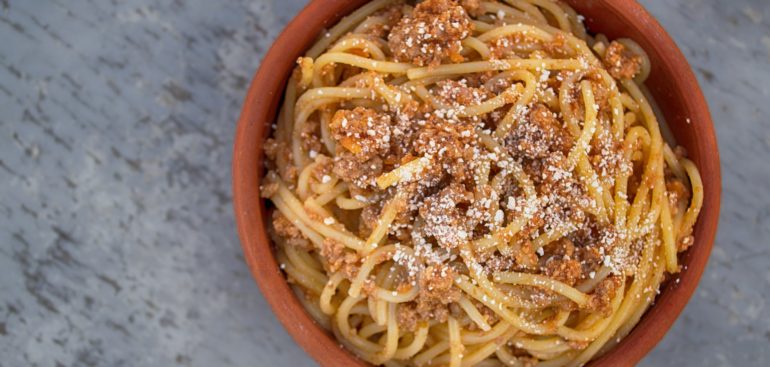Contrary to what some people would have you believe, carbohydrates are not evil. However, carbohydrate intake does have to be earned.
Some individuals believe that as long as total macronutrient intake is on target, eating pop-tarts with a side of donuts and some left over pizza is the way to fat loss.
Others think that whatever was not available for consumption in the paleolithic era is a no-go.
Here’s my approach on carbohydrates.
Earn Your Carbohydrates
Unlike protein and fats, carbohydrates are non-essential nutrients.
Unless you’re a very lean and active individual, you do not need carbohydrates for energy.
In fact, consuming high-glygemic carbs causes an instant insulin spike providing a short burst of energy with a quick sudden drop.
If you have a carby breakfast and feel like taking a nap by noon without drinking two more espressos, it’s a sign from the carbohydrate police signaling you to hold back on them.
The body uses carbohydrates primarily as a fuel source.
Carbs are metabolized and used to fill up the glycogen stores in muscle cells to be used as fuel.
Both muscle and fat cells have the ability to store carbohydrates.
Consuming a high-carb diet without being active will cause muscle glycogen stores to over-spill. This forces the body to then begin storing them into the fat cells causing weight gain.
The more active and more lean muscle tissue you have on your frame, the more carbohydrates you can manage to consume without any fat gain.
Body-Composition Rule
As I mentioned earlier, a lean and muscular physique will metabolize carbs much more efficiently than its counterpart.
Men and women with a 10-12% body-fat or under and 18-20% body-fat or lower respectively, will require and actually benefit from having carbohydrates in their nutrition plan.
If lead an active lifestyle but your body fat is higher than stated, you may incorporate and use some carbohydrates in your diet.
Timing will become an important factor in order to maximize your body’s ability to use carbs for energy instead of fat deposits.
Post-workout is the most optimal time to consume fast-digesting (high GI) carbohydrates.
At this time, the body requires carbohydrates to efficiently begin the recovery process.
An intense training session will induce a need for carbohydrates for muscle recovery, thus minimizing the chances of them being stored as fat.
Inflammation
Some people can get away with eating cookies and chocolate ice cream sandwiches daily and still be extremely lean.
However, if you take a look at their blood work things may not be as they seem.
A diet moderate in sugar (sugar is a fast digesting carbohydrate) is linked to increase in body inflammation, weaker insulin response among other negative health effects.
A study of 29 healthy young men found that consuming only 40 grams of added sugar from just one 375-ml can of soda per day led to an increase in inflammatory markers, insulin resistance and LDL cholesterol. These people tended to gain more weight as well. In only 3 weeks. (1)
Final Words
In contrast to what some people think, carbohydrates should not be feared.
However, they do play a specific role in the macronutrient equation and that is energy.
An over-consumption coupled with lack of exercise and a sedentary lifestyle is the equation for weight gain and bad health.
Eat them sparingly and as you begin to lose weight and become leaner, your body will become more efficient at using them.
As your body composition improves, your carb intake will increase without any negative adverse effects.


